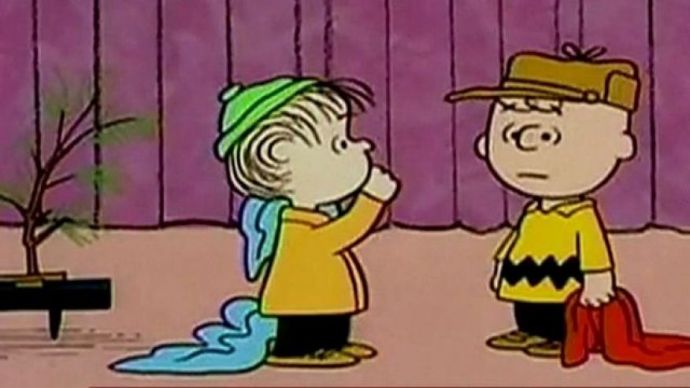
“And there were in the same country shepherds abiding in the field, keeping watch over their flock by night. And, lo, the angel of the Lord came upon them, and the glory of the Lord shown round about them: and they were sore afraid.
And the angel said unto them, Fear not: for, behold, I bring you good tidings of great joy, which shall be to all people. For unto you is born this day in the city of David a Saviour, which is Christ the Lord. And this shall be a sign unto you; Ye shall find the babe wrapped in swaddling clothes, lying in a manger.
And suddenly there was with the angel a multitude of the heavenly host praising God, and saying, Glory to God in the highest, and on Earth peace, good will toward men.
That’s what Christmas is all about, Charlie Brown.”
This monologue from “A Charlie Brown Christmas” is among the first passages of scripture that I ever memorized, and specifically because of this monologue. To me, it perfectly encapsulated the marvel of Christmas, and at a time when I still didn’t really realize the full magnitude of what God had done.
But what HAD He done, really? What’s so special about God coming to us in the form of Jesus? What did Christmas — or Christianity in general, for that matter — have that other religions didn’t have?
The world’s religions are replete with moral codes and laws, each one designed to make us better people. Many of these religions start from the position of man being broken and NEEDING to be better. Some of these religions even go so far as to offer “salvation” of a sort.
Islam ostensibly shares certain roots with Judaism and Christianity. It offers the potential for Paradise to those who do certain things and live a certain way.
Hinduism and Buddhism are both karmic religions, with salvation being potentially achieved when an individual produces enough good to sufficiently outweigh their bad.
Sikhism, Bahai, Jainism, Shinto — pick whatever religion you want, and you’ll find they all share certain traits. They all ultimately center on the individual doing certain works to “buy” a certain life or a certain eternity. Even those religions that center on service to others, they ultimately lead back to the individual themselves, such that no matter who or what they refer to as God, in the end, the individual ultimately serves as his own chief priority. Either the believer is following a “more perfect” version of himself, or striving to become a better version of himself, or giving to others in order to receive unto himself, or performing works for a supreme someone in order to garner favor for himself, or even denying his own individuality because it stands in the way of him being a more communal “self”.
In the end, they all come back to “me”. Self is the ACTUAL god of these religions, regardless of who or what serves as the frontman. And that’s where Christianity fundamentally differs from them all.
Christianity does feature a “more perfect” being, but Christians don’t serve Him to garner favor. We serve Him because we ALREADY HAVE His favor.
Christianity does feature certain “blessings” for those who believe… but they also go out to those who do NOT believe. Similarly, Christianity features trials and tribulations for those who do not believe… but they also apply to those who DO believe.
Sometimes, we do petition God in prayer to move on our behalf, but far from those who “sacrifice” or perform rituals or say the right words, a move of God depends entirely on HIS Will, not on us finding the right formula to move Him to OUR will.
In all things, God — not we ourselves — is the central focus, the chief priority. We serve Him because we love Him, not because of how our service might convince Him to love us. So what does this have to do with Christmas? What’s the big deal with God coming to Earth as a baby?
The big deal is the relationship. In Christ, believers enjoy relationship with God that is impossible in any other religion, specifically because we are not the center of that relationship. We do not receive Christ to get to Heaven, or to avoid Hell, or to get healing, or to have peace in our lives, or to have peace with other people. Granted — Heaven, Hell, the miraculous, those are all FACTORS in our faith, but they are not the POINT of our faith.
You might say that the devil is in the details 😉
In coming to us as a baby, God didn’t just come to us in a relatable way. He didn’t start a formulaic chain of events that would magically “create” salvation. In the birth of Christ, the God of the Universe entered into His own creation, at the very lowest point that He could enter it.
He could have wielded the authority that was due Him right from the start, but instead He shed His authority and chose to play by His own rules, the very rules that separate us from Him.
He could have chosen to be born into a family of “comparable” wealth and significance, the kind of family that we might expect the God of the Universe to associate with, should He choose to suffer humanity at all. Instead, the family He came to was as common as you can imagine — a woman who was not even married yet, a man who would forever have to deal with the fact that his son was not really his son.
He could have chosen to be born at His earthly parents’ home, in safety and comfort, but instead He was born on the road, in conditions that no mother would willingly choose.
He could have chosen to be wrapped in linens worthy of a newborn baby, but instead He chose to be wrapped in ceremonial clothes set aside for sacrificial animals.
He could have sent angels to announce His coming to priests and the aristocracy, but instead He chose to have shepherds attend Him.
NONE of these themes are consistent with any other religion — most particularly, God’s target audience, the Jews that Christ was born among. To the contrary, the details of Christ’s birth would have convinced the Jews of exactly the OPPOSITE of what the Gospel reveals Christ to be — not only the promised Messiah, but our very literal Immanuel, “God with us”.
If you were to “make up” a religion as an alternative to Levitical Judaism, you’d be hardpressed to construct one that was intentionally FURTHER from the mark than Christianity. There is NO WAY that the birth of Christ could appeal to its target audience, the Jews…
…unless it was true.
It really is astonishing to me that God should be due INFINITE honor, but instead intentionally choose such humility — even humiliation. But more remarkable to me is the fact that He did this… for a world that even today despises Him, and stands at active enmity with Him.
As dear as that scene with Linus was to me as a child, it means so much more now as an adult, seeing my sin the way that I do and able to recognize the full gravity of what God did to overcome it. All out of love for me.


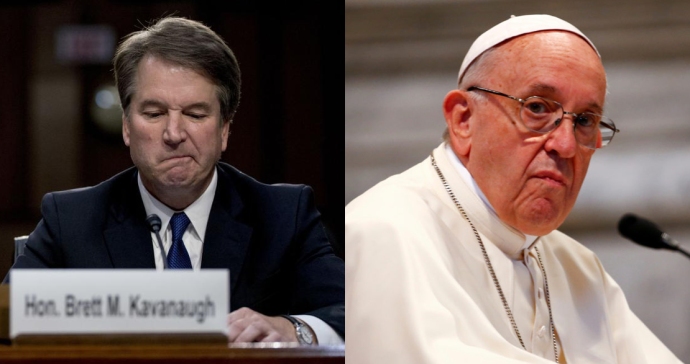
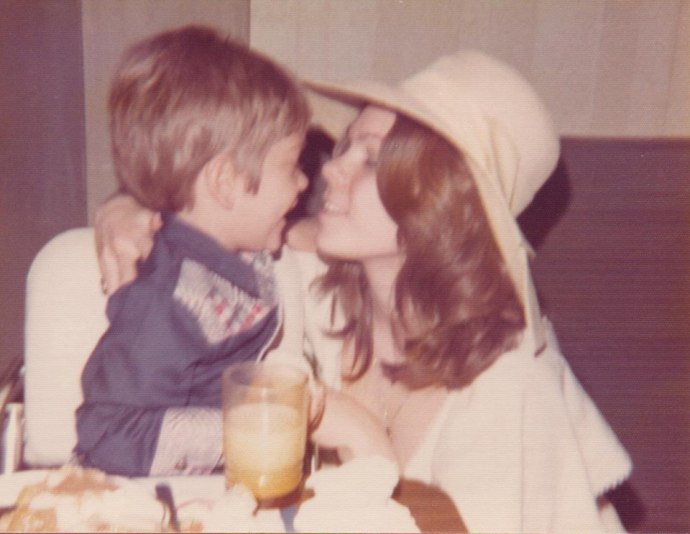
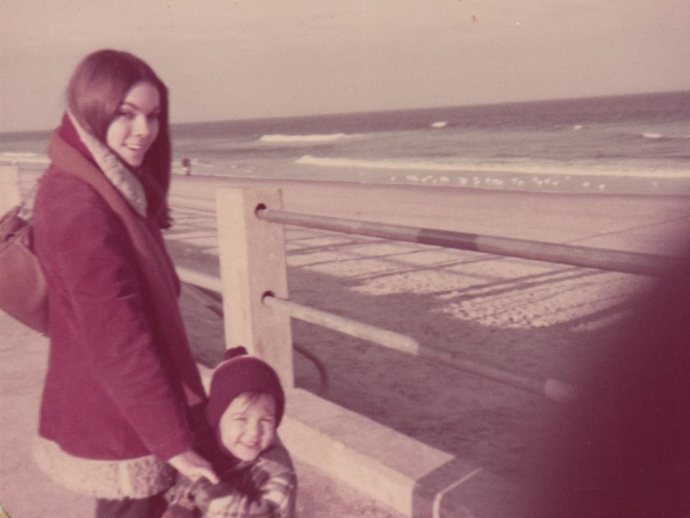

 Yeah, I said he’s brilliant. I went there. I can’t stand him, and I went there. I’m a pro-life libertarian, and he regularly exhibits tendencies and worldviews that I despise. And I still went there.
Yeah, I said he’s brilliant. I went there. I can’t stand him, and I went there. I’m a pro-life libertarian, and he regularly exhibits tendencies and worldviews that I despise. And I still went there.


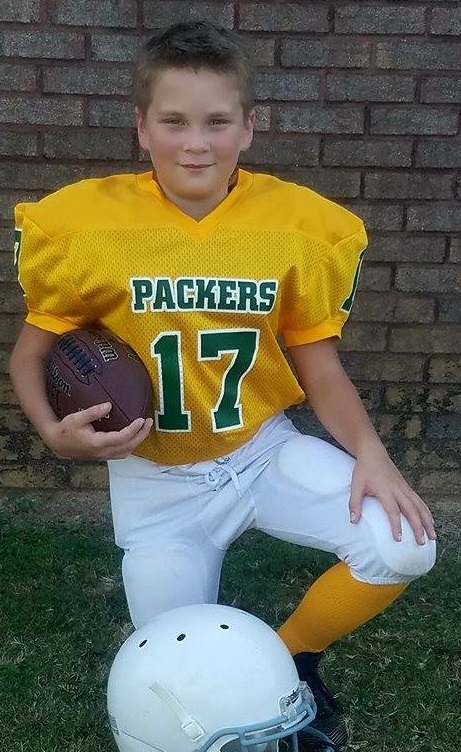
You must be logged in to post a comment.